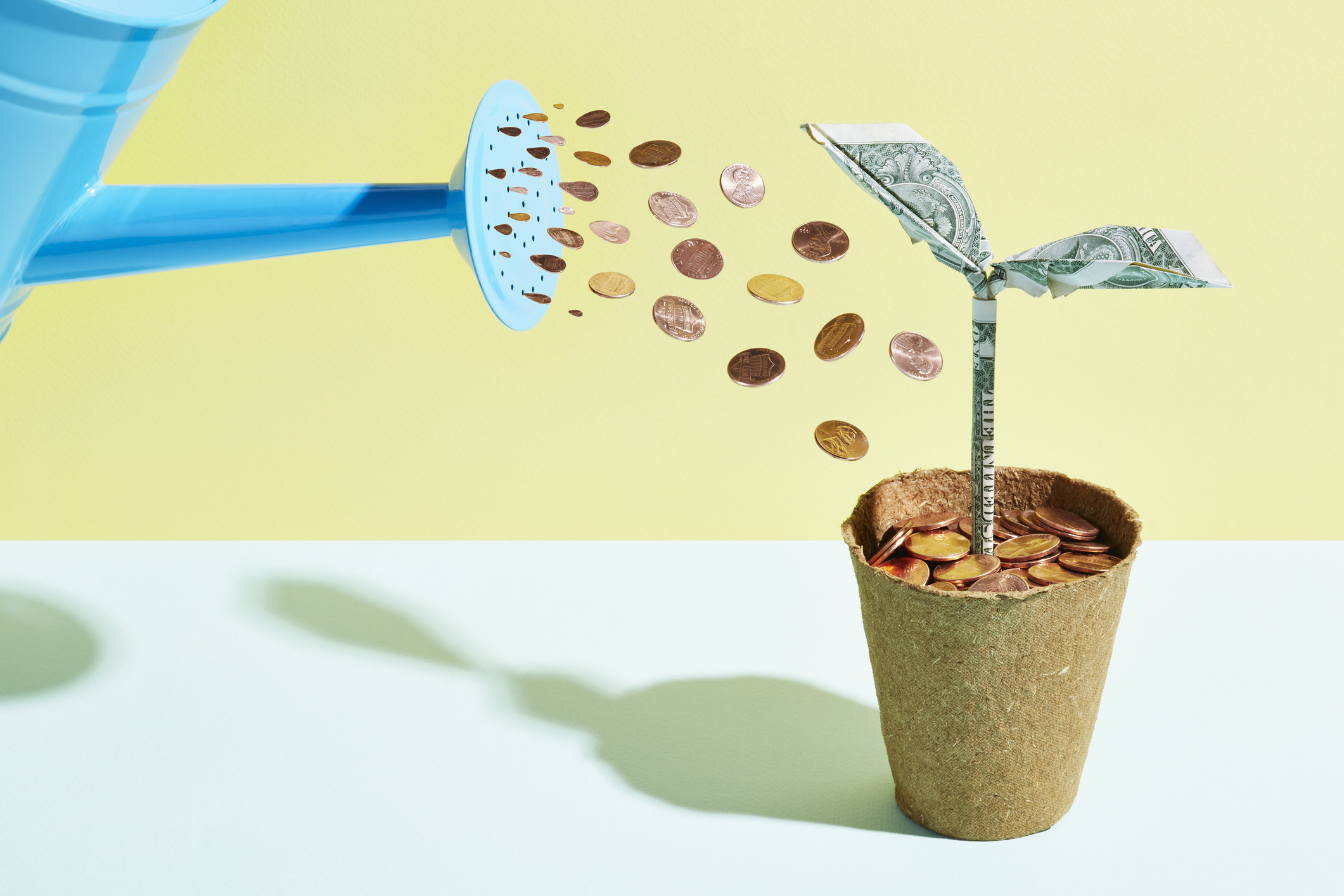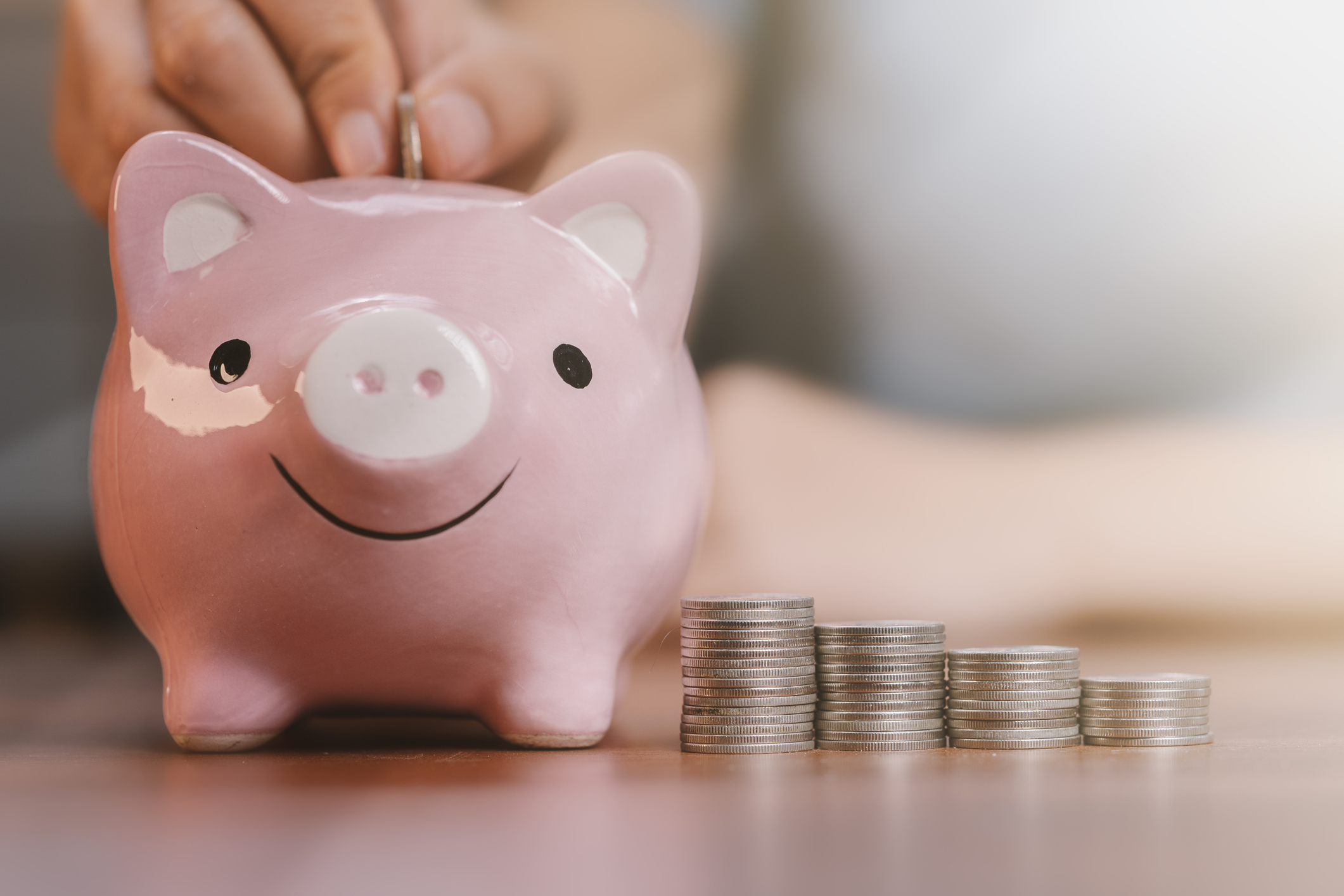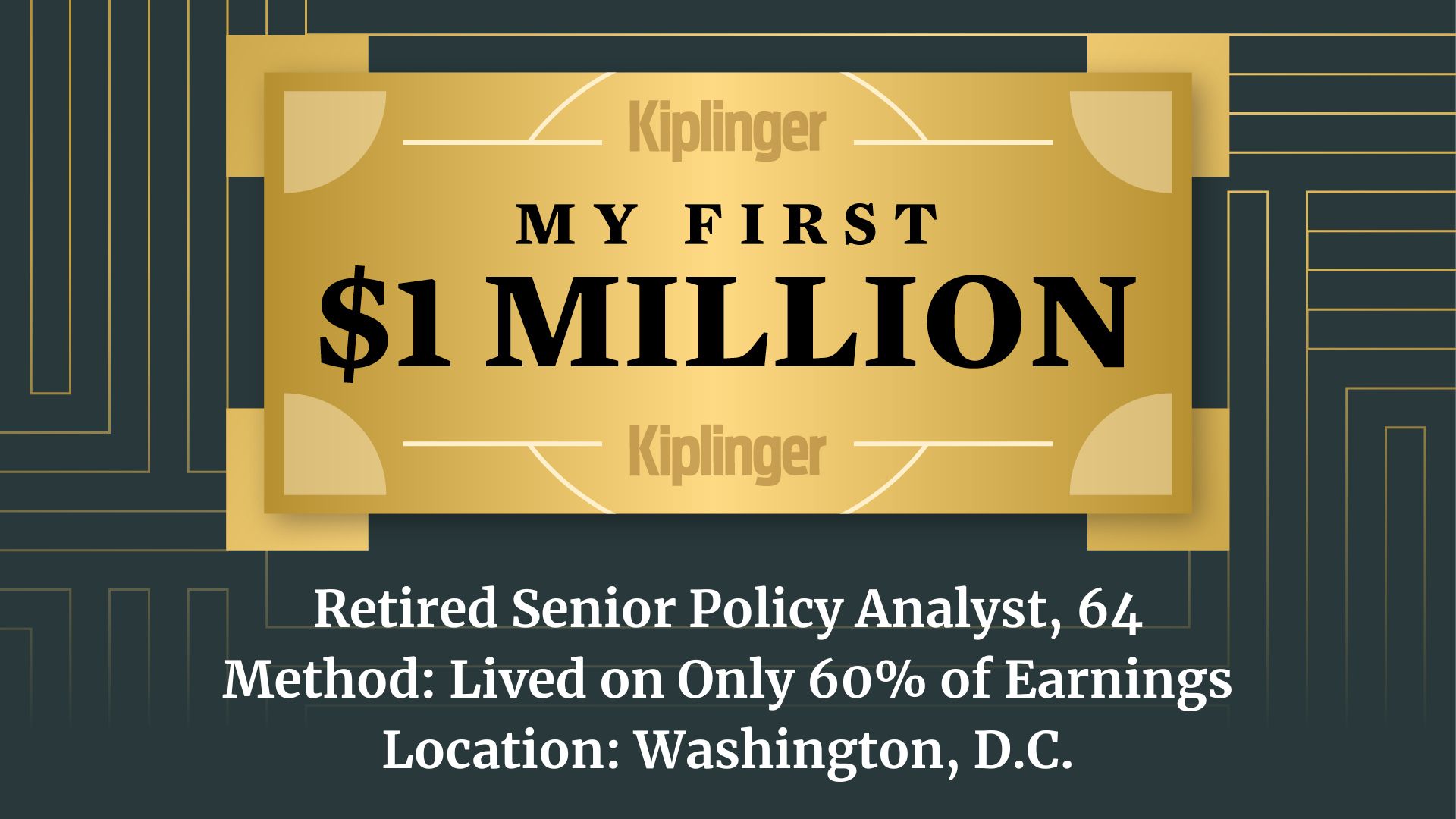Is It Worth Getting a High-Yield Savings Account Before the Fed Meeting?
Even with rate cuts, some savings accounts can help you earn a rate that outpaces inflation and reaches your goals quickly.

Profit and prosper with the best of Kiplinger's advice on investing, taxes, retirement, personal finance and much more. Delivered daily. Enter your email in the box and click Sign Me Up.
You are now subscribed
Your newsletter sign-up was successful
Want to add more newsletters?

The Federal Reserve meets on January 27-28. Unlike the previous three meetings where they issued rate cuts, CME Group FedWatch projects a 95% chance the Fed won't cut rates this time around.
When the Fed cuts rates, it impacts savers by way of lower APYs. However, it can take weeks to months for banks to lower rates, and even with a minor reduction, high-yield savings accounts will still earn a rate surpassing inflation.
With this in mind, here's why we still recommend a HYSA in the interim. We also present another risk-free savings option that'll help you maximize returns.
From just $107.88 $24.99 for Kiplinger Personal Finance
Become a smarter, better informed investor. Subscribe from just $107.88 $24.99, plus get up to 4 Special Issues

Sign up for Kiplinger’s Free Newsletters
Profit and prosper with the best of expert advice on investing, taxes, retirement, personal finance and more - straight to your e-mail.
Profit and prosper with the best of expert advice - straight to your e-mail.
Why it’s worth getting a high-yield savings account before the next Fed meeting

While opening a high-yield savings account before the next Fed meeting won’t lock in current rates, as the APY on these accounts fluctuates with the market, it’s still worth it to open one.
Why? Because the rates are still high. Our top choice, Newtek Bank, offers a 4.35% APY with no account minimums or fees. It's a great way to build an emergency savings, or for established savers to set aside money to meet short-term savings goals. Best of all, the account doesn't come laden with fees to impede savings growth.
Along with Newtek, you can compare rates on high-yield accounts by using the tool below, powered by Bankrate:
Before opening a high-yield account, keep in mind the following:
- High-yield savings accounts have fixed interest rates, so if the Fed decides to cut rates again, it can lower your APY
- Find a bank offering FDIC or NCUA-insurance (for credit union members), as it'll protect your deposits up to $250,000 per person
- Keep your money in a separate savings account so it's more difficult to access, reducing impulse purchases and allowing your savings to grow
When to consider a CD account

Unlike high-yield savings accounts, CD accounts offer a fixed APY. This means that if rates go down after you've opened a CD, your earnings won't be affected.
If you're concerned about earning a lower rate of return, then it's wise to consider this over a high-yield savings account. You can shop and find the best CD term for your needs, using this tool powered by Bankrate:
While opening a CD account can be a smart way to take advantage of high rates for as long as possible, there's one caveat: You'll need to make sure you don't make any withdrawals before the CD matures. Doing so will result in fees that can offset any interest earned (unless you have a no-penalty CD account).
One other thing to keep in mind is that many banks autorenew CDs. Set a reminder on your phone a week before its maturity, as it gives you time to explore more options.
The bottom line on high-yield savings accounts
Taking advantage of today’s high-yield savings and CD account rates can help you maximize your earnings. Luckily, you might have some breathing room, as it's likely there won't be a rate cut at this meeting.
Related Content
Profit and prosper with the best of Kiplinger's advice on investing, taxes, retirement, personal finance and much more. Delivered daily. Enter your email in the box and click Sign Me Up.

Sean is a veteran personal finance writer, with over 10 years of experience. He's written finance guides on insurance, savings, travel and more for CNET, Bankrate and GOBankingRates.
-
 4 High-End Experiences Worth the Splurge After 50
4 High-End Experiences Worth the Splurge After 50These curated date ideas provide the perfect backdrop for couples ready to enjoy the very best that the world has to offer.
-
 Health Care Stocks Have Sagged. Can You Bet on a Recovery?
Health Care Stocks Have Sagged. Can You Bet on a Recovery?The flagging health care sector has perked up a bit lately. Is it time to invest?
-
 Costco's Auto Program: Can Membership Pricing Really Save You Money on a Car?
Costco's Auto Program: Can Membership Pricing Really Save You Money on a Car?Costco's Auto Program can simplify the car-buying process with prearranged pricing and member perks. Here's what to know before you use it.
-
 What Is an Assumable Mortgage and Could It Save You Thousands?
What Is an Assumable Mortgage and Could It Save You Thousands?With mortgage rates still elevated, taking over a seller’s existing home loan could lower monthly payments — if the numbers work.
-
 Have You Fallen Into the High-Earning Trap? This Is How to Escape
Have You Fallen Into the High-Earning Trap? This Is How to EscapeHigh income is a gift, but it can pull you into higher spending, undisciplined investing and overreliance on future earnings. These actionable steps will help you escape the trap.
-
 I'm a Financial Adviser: These 3 Questions Can Help You Navigate a Noisy Year With Financial Clarity
I'm a Financial Adviser: These 3 Questions Can Help You Navigate a Noisy Year With Financial ClarityThe key is to resist focusing only on the markets. Instead, when making financial decisions, think about your values and what matters the most to you.
-
 Where Olympians Store Their Medals is a Great Lesson For Your Valuables and Cash
Where Olympians Store Their Medals is a Great Lesson For Your Valuables and CashWhat you can learn about protecting your cash and values from where Olympians store their medals.
-
 An Executive's 'Idiotic' Idea: Skip Safety Class and Commit a Federal Crime
An Executive's 'Idiotic' Idea: Skip Safety Class and Commit a Federal CrimeSeveral medical professionals reached out to say that one of their bosses suggested committing a crime to fulfill OSHA requirements. What's an employee to do?
-
 How You Can Use the Financial Resource Built Into Your Home to Help With Your Long-Term Goals
How You Can Use the Financial Resource Built Into Your Home to Help With Your Long-Term GoalsHomeowners are increasingly using their home equity, through products like HELOCs and home equity loans, as a financial resource for managing debt, funding renovations and more.
-
 How to Find Free Money for Graduate School as Federal Loans Tighten in 2026
How to Find Free Money for Graduate School as Federal Loans Tighten in 2026Starting July 1, federal borrowing will be capped for new graduate students, making scholarships and other forms of "free money" vital. Here's what to know.
-
 My First $1 Million: Retired Senior Policy Analyst, 64, Washington, D.C.
My First $1 Million: Retired Senior Policy Analyst, 64, Washington, D.C.Ever wonder how someone who's made a million dollars or more did it? Kiplinger's My First $1 Million series uncovers the answers.